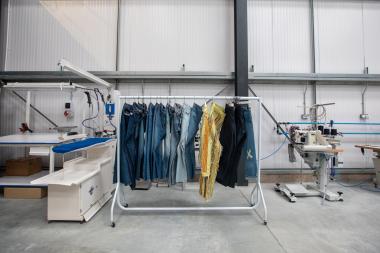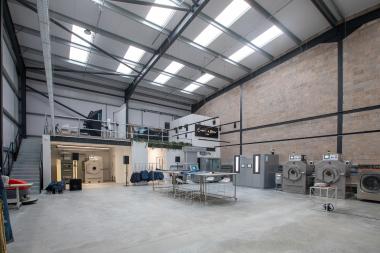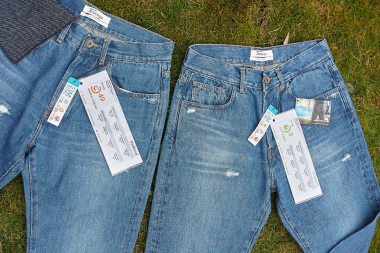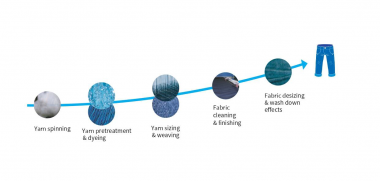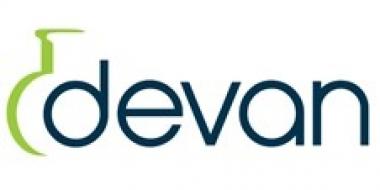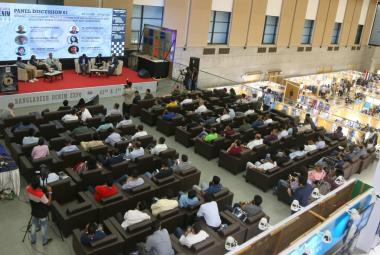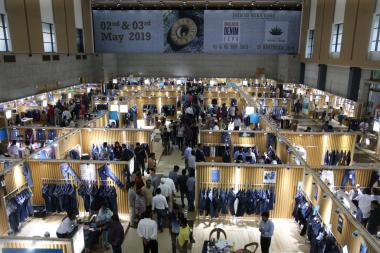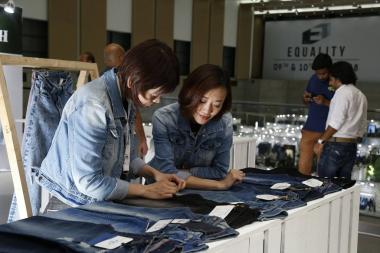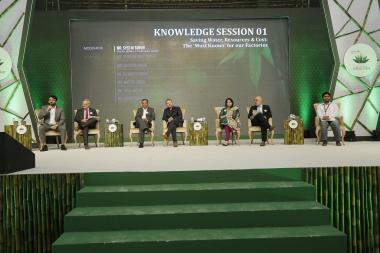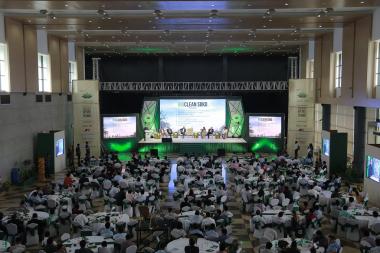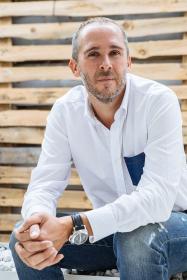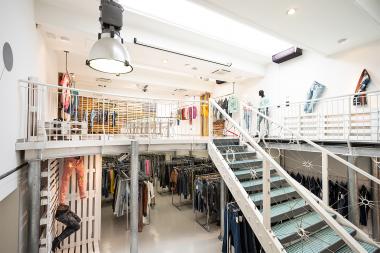Jeanologia receives ‘Cristobal Balenciaga’ award
Jeanologia has been honored with the title of 'Best Business Project' in the inaugural edition of the Spanish Fashion Academy Awards, aimed at recognizing and highlighting the key players in the Spanish fashion industry.
At a gala celebrating Spanish talent, Jeanologia emerged as a leading authority in sustainability and technology applied to fashion. The accolade from the Spanish Fashion Academy acknowledges Jeanologia's global vision and leadership, as well as its ability to catalyze positive change in the global fashion industry. Chosen from over 400 contenders and endorsed by the votes of 129 distinguished founding academics, the award reflects the recognition of Jeanologia's influence in the sector.
The award ceremony, held on Thursday, June 13, at Madrid's Teatro Fernán Gómez Centro Cultural de la Villa, attracted prominent figures from the Spanish fashion scene and marked a significant moment in Spanish fashion, paying homage to the legacy of Cristóbal Balenciaga, a pivotal figure who would have turned 129 in 2024.
Enrique Silla, CEO and founder of Jeanologia, accepted the award statuette, a design by Helena Rohner inspired by Balenciaga's iconic headdress.
Jeanologia / Sapristi Décom









